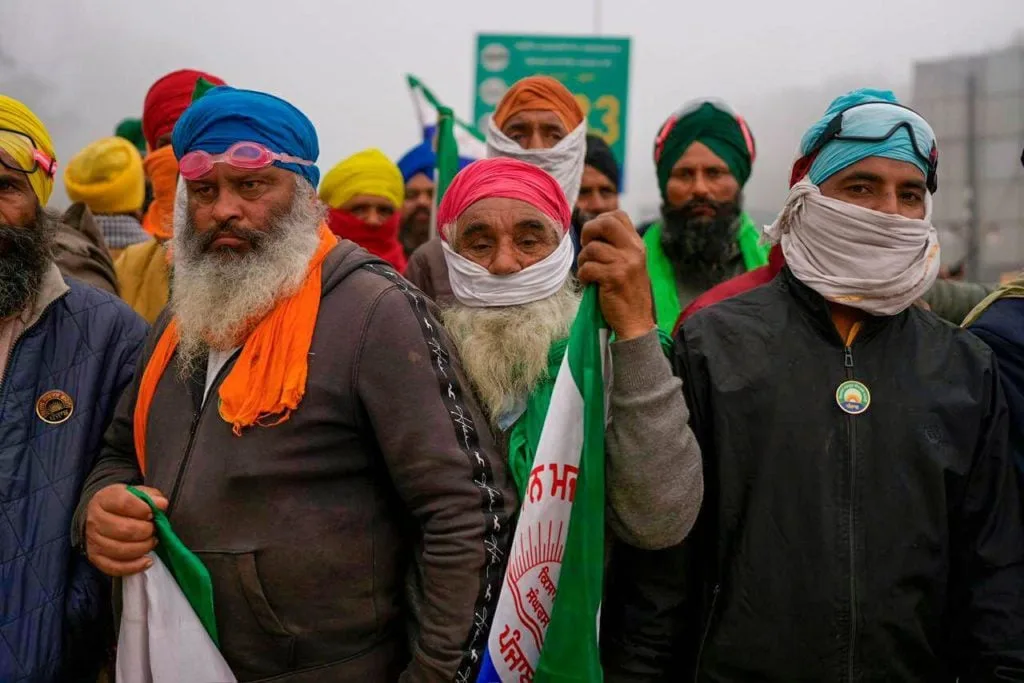India, a nation with deep agrarian roots, celebrates National Farmers Day (Kisan Diwas) every December 23 to honor the legacy of Chaudhary Charan Singh, the fifth Prime Minister and an ardent supporter of farmers’ rights. This day, which should serve as a celebration of India’s agricultural heritage, has become a somber reminder of the ongoing struggles faced by the country’s farmers. The sector, once considered the backbone of India’s economy, is now marred by systemic neglect and misguided policies, leaving farmers to battle both nature and the government. The introduction of the Farmers’ Amendment Bill in 2019 marked a turning point in India’s agricultural policy. Marketed as a progressive reform, the bill sought to deregulate the agricultural sector, allowing farmers to sell their produce outside government-regulated markets. While the bill promised freedom, the reality was starkly different. Deregulation dismantled the safety nets farmers relied upon, particularly the Minimum Support Price (MSP) system, which ensured fair compensation for their produce.
Small and marginal farmers, who constitute the majority, saw these reforms as a direct threat to their livelihoods. Without the protective umbrella of MSP, they feared exploitation by large corporations. This fear was not unfounded; the agricultural market has long been dominated by middlemen and corporate entities who dictate prices, leaving farmers at their mercy. The National Crime Records Bureau (NCRB) data revealed the devastating consequences of these policies, with 42,000 farmers dying by suicide between 2019 and 2022 alone. These suicides highlight the grim realities of indebtedness, crop failures, and unremunerative prices. The controversial agricultural laws introduced in 2020 further inflamed tensions. Farmers from Punjab, Haryana, and Uttar Pradesh spearheaded the protests, perceiving the laws as tools for corporate exploitation. The fear was that deregulation would lead to the collapse of the MSP system, leaving farmers vulnerable to volatile market forces.
In November 2020, thousands of farmers marched toward Delhi in what became one of the largest mass mobilizations in India’s history. Their demands were clear: the repeal of the three farm laws. However, their peaceful protests were met with resistance. The government deployed water cannons, tear gas, and barricades to prevent them from entering the capital. Undeterred, farmers established protest camps at the borders of Singhu, Tikri, and Ghazipur, transforming these sites into hubs of solidarity and resilience. The protests gained national and international attention, with global leaders, activists, and media outlets expressing solidarity with the farmers. However, the Indian government dismissed the protests as politically motivated and even labeled participants as “anti-nationals” or “Khalistanis,” further polarizing the discourse.
After a year of persistent protests, Prime Minister Narendra Modi announced the repeal of the three contentious farm laws in November 2021. The repeal was hailed as a significant victory for the farmers, but it was far from the resolution they sought. Key demands, such as legalizing MSP and addressing systemic issues in the agricultural sector, remained unmet. Despite the repeal, the grievances of farmers persisted, leading to renewed protests in 2024. This time, their demands extended beyond MSP guarantees. They sought comprehensive reforms, including better access to fertilizers, improved storage facilities, and equitable crop pricing. However, the government’s reluctance to engage meaningfully has perpetuated the cycle of neglect and resistance.
The agrarian crisis in India is not merely a result of misguided policies. It reflects deeper systemic issues, including inadequate infrastructure, lack of credit facilities, and insufficient investment in rural development. Farmers often lack access to modern irrigation systems, forcing them to rely on monsoons. Post-harvest losses due to inadequate storage facilities further exacerbate their financial woes. The socio-political narrative under the Modi regime has also alienated marginalized communities, including farmers. The transformation of India into a “Hindu Rashtra” has sidelined diverse voices, reducing the space for constructive dialogue. Farmers, who form the backbone of the nation, find themselves battling not just economic challenges but also socio-political marginalization.
India stands at a crossroads. Ignoring the voices of its farmers risks not only economic instability but also social unrest. The government must prioritize inclusive policies that reaffirm its commitment to those who sustain the nation. Despite state governments announcing compensation packages for affected families, the absence of preventive measures highlights a lack of commitment to long-term solutions. Suicide prevention must be integrated into broader agricultural policies to address the socio-psychological impacts of agrarian distress.

